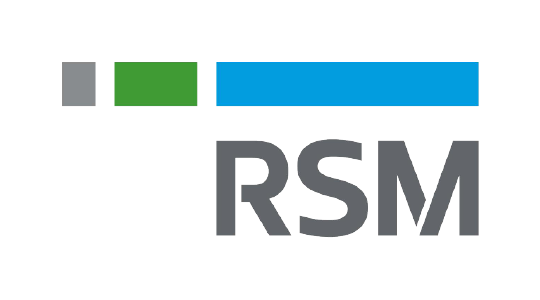You may have heard the term ‘burnout’ thrown around before, but what exactly is it, and what does it mean for you long-term?
Burnout is an issue of the modern workforce, with many organizations facing an employee burnout crisis in the wake of the global pandemic. While working from home can be a massive benefit for productivity, work-life balance, and overall morale, it can also be a source of burnout with many employees working longer hours, social isolation, strained team communications, and a lack of utilized vacation time.
A recent survey by Gallup showed that nearly two-thirds of full-time employees are dealing with burnout at some point while at work. Many of those employees have also come accustomed to the feeling of burnout and have normalized this. Still, there are long-term effects that can affect both the individual and the organization, so it should not be overlooked.
To find a solution to the problem, first, you need to understand what employee burnout is and what causes it, and then you can start to work backwards to prevent it.
What Exactly is Burnout?
The term burnout was coined in the 1970s by Herbert Freudenberger – an American psychologist who defines it as “a state of mental and physical exhaustion caused by one’s professional life.”
Do you know that feeling of unidentifiable, impending stress that makes you feel like you’re stuck in a slump at work and just can’t quite find a way out? Or you can’t feel the fire you once did for the work you’re doing? The fact that it’s now 4 pm, and you’re only just realizing you haven’t had breakfast or lunch because you’ve been ‘too busy’? That is burnout. And yes, the struggle is real.
What Causes Burnout?
Burnout can affect anyone, and there is no one specific cause, but there are a few scenarios that, with the right personality and circumstances, can create the perfect storm for burnout to take hold.
Some of the situational causes may include:
- Unreasonable time pressure
- Unmanageable workload
- Lack of social interaction and support
- Disengagement with your career
- Lack of work-life balance
- Toxic work environment
According to the Schoen Clinic, certain personality types are at increased risk of developing burnout:
- Perfectionist attitudes
- “I have to do everything right and 150 percent. I can’t afford to make any mistakes. I’m responsible for everything. I have to satisfy everyone. I have to have everything under control.”
- Low expectation of competency
- “I can’t make it. I don’t stand a chance.”
- Very pronounced need for harmony
- “Everyone must be satisfied. I mustn’t offend anyone. I can’t say no.”
- The belief that you are being controlled from outside
- “I am only a tiny cog in a large machine: Others decide about me. I’m just a puppet.”
Why Should You Be Aware of Burnout?
Burnout is not merely just being exhausted; it is so much more and can have lasting effects on an individual and for the organization. It can lead to serious physical, mental, and social consequences for an individual and can also lead to unengaged employees and a high-turnover environment if left unchecked.
Are You Experiencing Burnout?
While reading the above, did it all sound a little too familiar? Did you ever pause to think ‘is that me’ or ‘could I be experiencing this’? Take a look and read my blog where you can analyze your current situation and ask yourself some questions to see if you might be experiencing job burnout.






















